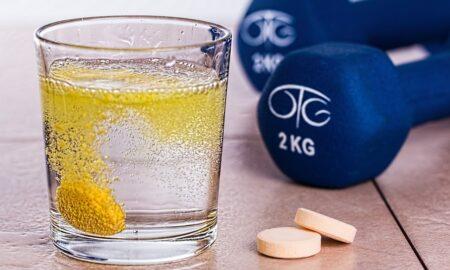 A number of studies have observed that the incidence of hypertension and cardiovascular disease correlates with latitude and rises in winter, but a biological cause has remained unclear.
A number of studies have observed that the incidence of hypertension and cardiovascular disease correlates with latitude and rises in winter, but a biological cause has remained unclear.
Martin Feelisch, from the University of Southampton in the United Kingdom, and colleagues completed a study that suggests that sunlight alters levels of the small messenger molecule nitric oxide in the skin and blood, reducing blood pressure.
The researchers exposed the skin of 24 healthy individuals to ultraviolet light from tanning lamps for two sessions of 20 minutes each. In one session the volunteers were exposed to both the UVA rays and the heat of the lamps.
In another the UV rays were blocked so that only the heat of the lamps affected the skin. The results suggest that UVA exposure dilates blood vessels, significantly lowers blood pressure and alters nitric oxide metabolite levels in the circulation, without changing vitamin D levels.
Further experiments indicate that preformed stores of NO in the upper skin layers help mediate those effects. Say the authors, “Our data provide mechanistic insights into an important function of the skin in modulating systemic [nitric oxide] bioavailability, which may account for the latitudinal and seasonal variations of [blood pressure] and cardiovascular disease.”
Liu, D., et al. (2014). UVA irradiation of human skin vasodilates arterial vasculature and lowers blood pressure independently of nitric oxide synthase. J Investigative Derm. Published online January 20.
—Dr. Bob Goldman
www.WorldHealth.net
Editor’s note: For the latest information and research on health and aging, subscribe to the American Academy of Anti-Aging Medicine e-zine free at WorldHealth.net.



















You must be logged in to post a comment Login